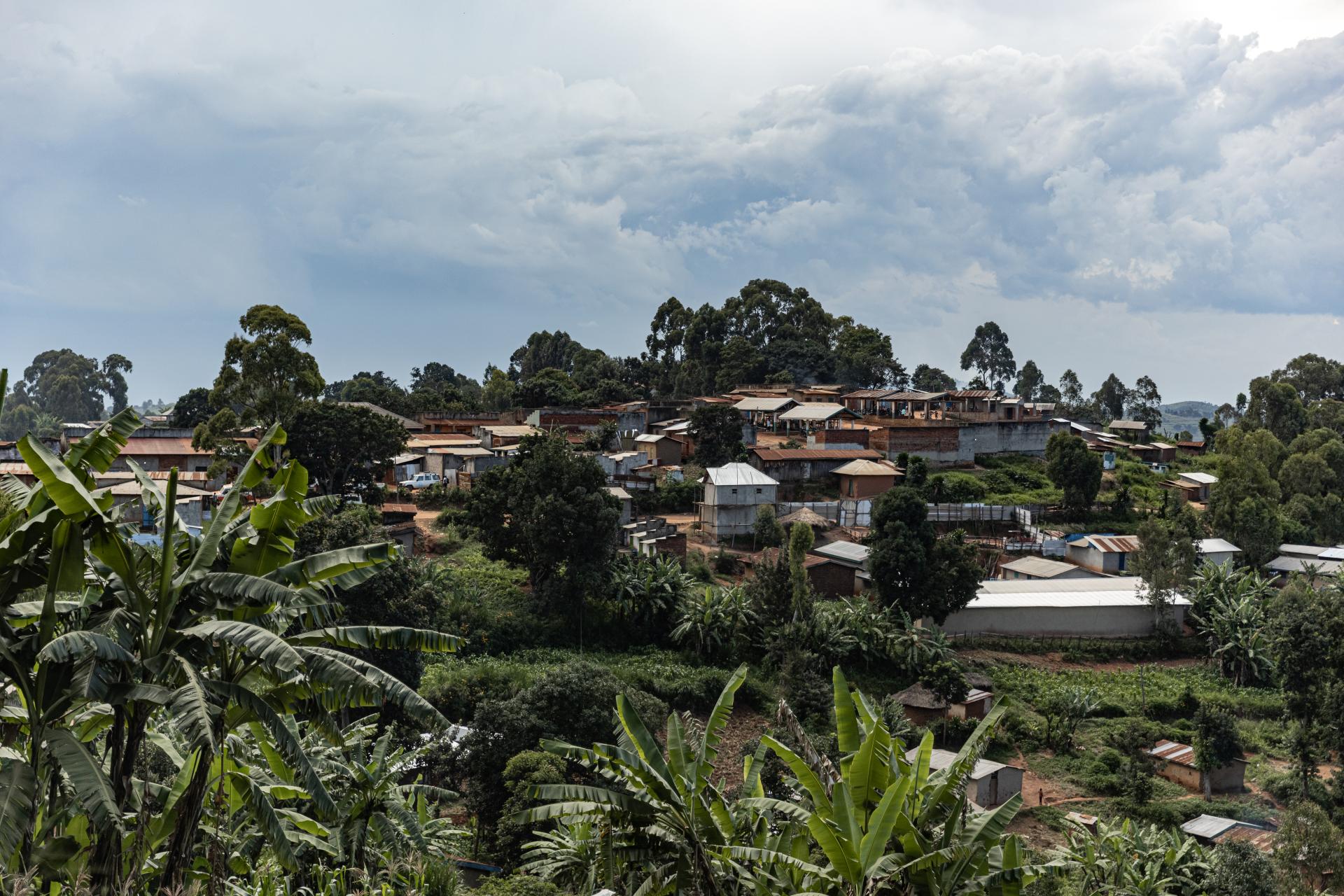DRC: MSF calls for the protection of patients, medical facilities and civilians following the Drodro hospital attack
In an escalation of violence in the Democratic Republic of Congo’s Ituri province, armed men attacked the town of Drodro on the night of 6 to 7 March, killing a patient in her bed, ransacking the general hospital, and looting medical equipment, says international medical organisation Doctors Without Borders (MSF), whose teams work in Drodro Hospital. The attackers also looted another nearby medical facility.
“What has happened here is nothing short of horrifying,” says Stéphanie Giandonato, MSF programme manager for DRC. “We condemn the killing of a defenceless elderly patient in the strongest possible terms and urge all parties to the conflict to respect and protect patients, medical staff, medical facilities, civilians and humanitarian aid workers.”
.jpg)
The surge in violence in and around Drodro has triggered a mass exodus from the area, with thousands of people seeking refuge at Rho camp for displaced people, about 10 km northeast of Drodro. The camp, originally designed to accommodate a maximum of 30,000 people, is now sheltering more than twice that number.
“The consequences for the population are dire,” says Boubacar Mballo, project coordinator for MSF at Drodro. Drodro Hospital can no longer function, leaving people without medical care. In addition, the growing insecurity has effectively cut off the region, resulting in the complete disruption of food and much-needed additional water supplies to the overwhelmed Rho camp.”
Since yesterday’s attack on Drodro, MSF has temporarily evacuated its staff. Still, MSF teams continue to provide primary healthcare, stabilisation care for critical cases, sexual and reproductive healthcare, mental health support and water and sanitation services to people sheltering in Rho camp. However, MSF is concerned that this is not sustainable as insecurity worsens and supplies run out.
“We are concerned that people’s access to necessities such as clean drinking water, food and medical care is at risk”, says Boubacar Mballo. “Hence, we emphasise the obligation of all conflicting parties to uphold the respect and protection of the civilian population and medical missions under all circumstances.”
.png)

About Doctors Without Borders (MSF)
Doctors Without Borders (MSF) is a global network of principled medical and other professionals who specialise in medical humanitarian work, driven by our common humanity and guided by medical ethics. We strive to bring emergency medical care to people caught in conflicts, crises, and disasters in more than 70 countries worldwide.
In South Africa, we run a non-communicable diseases (NCDs) project in Butterworth, Eastern Cape province, to improve care for patients with diabetes and hypertension. The project focuses on improving screening, diagnosis, management and prevention through advocacy, research, health promotion, training and mentorship of Community Healthcare Workers (CHWs).
At the end of 2023, we handed over our Tshwane Migrant Project to authorities and a local Community-Based Organisation after building the capacity to work with undocumented populations. The project provided access to medical care for undocumented people and migrants and actively advocated for continued access.
After 12 years of operations, we closed our HIV/TB project in Eshowe, KwaZulu-Natal province. The project’s community-oriented approach helped to increase the integrated management of HIV, TB, diabetes and hypertension through nine community-based ‘Luyanda’ sites, which were successfully handed over to the DoH. Many achievements were made in the task-shifting of TB health promotion activities to teachers in schools, and we shared valuable feedback with the DoH on the decentralisation of Drug-Resistant Tuberculosis (DRTB) services to the primary healthcare level.
After 22 years of activities and campaigning, we closed our HIV and TB project in Khayelitsha, Western Cape, in 2020.